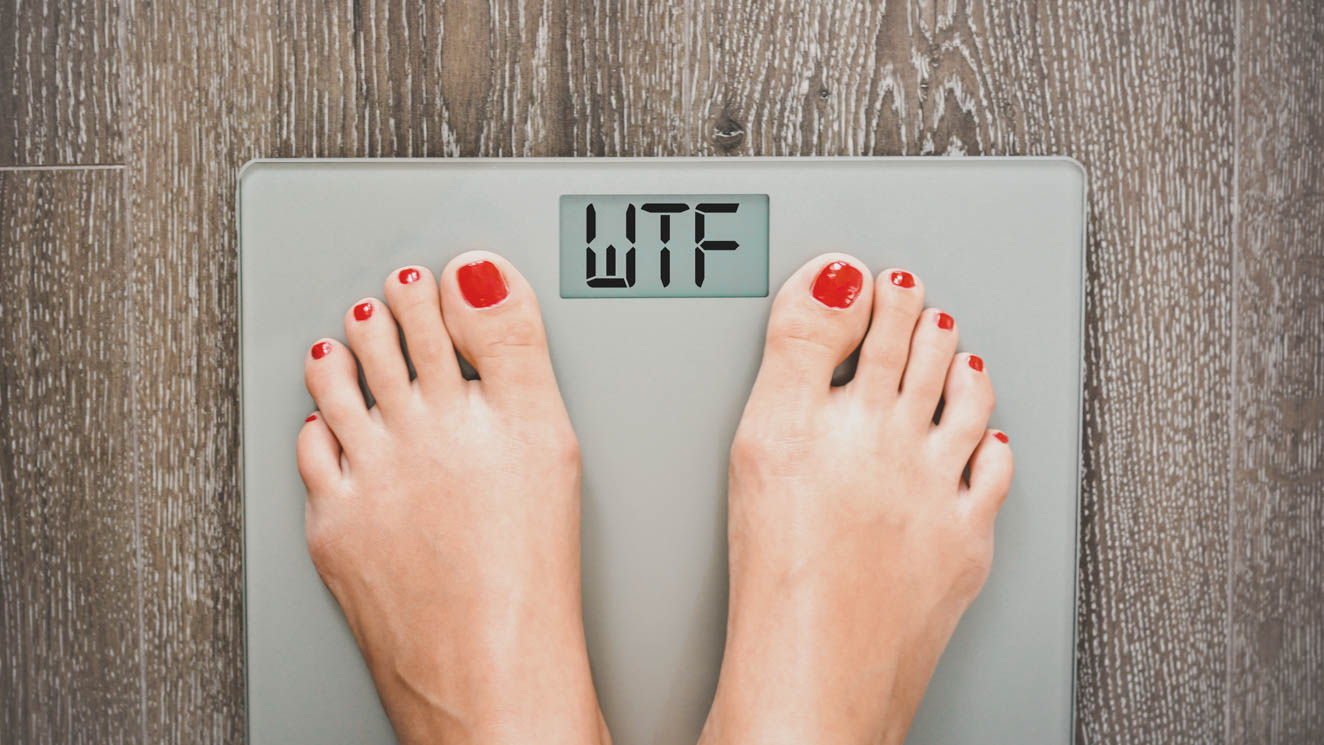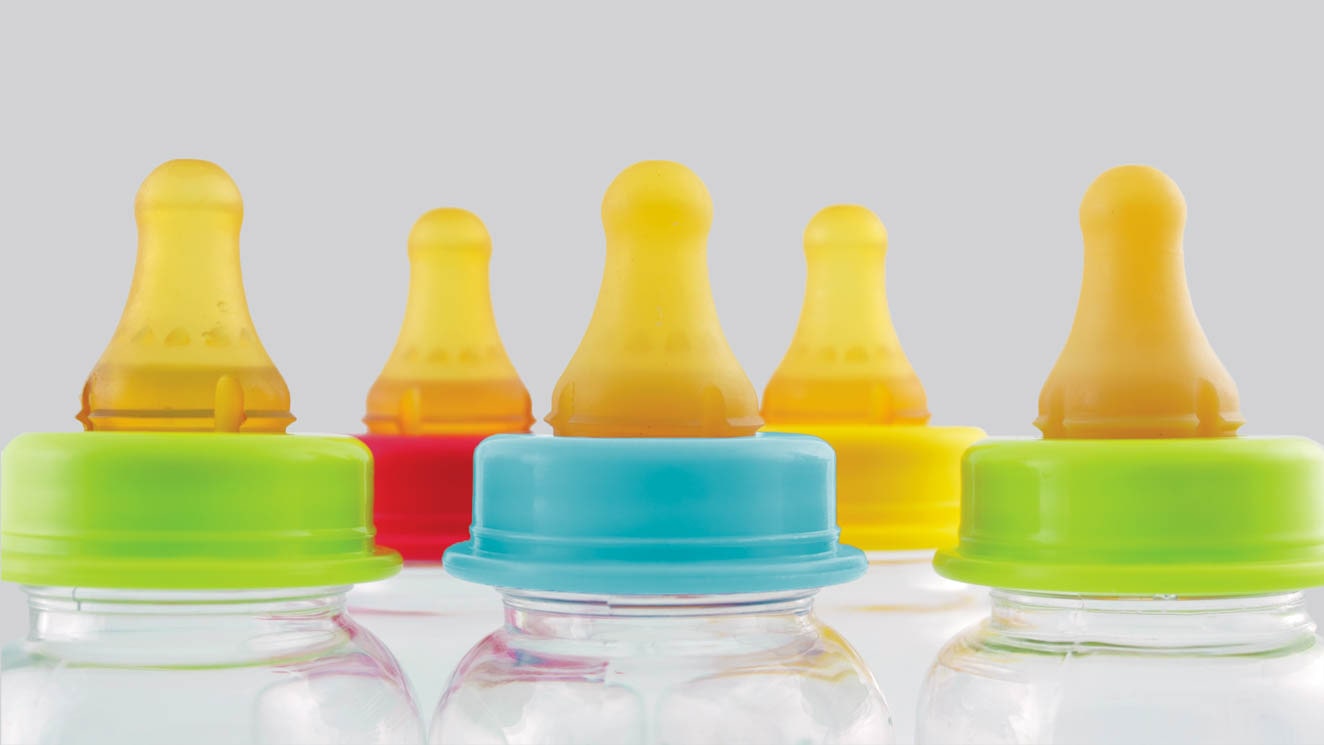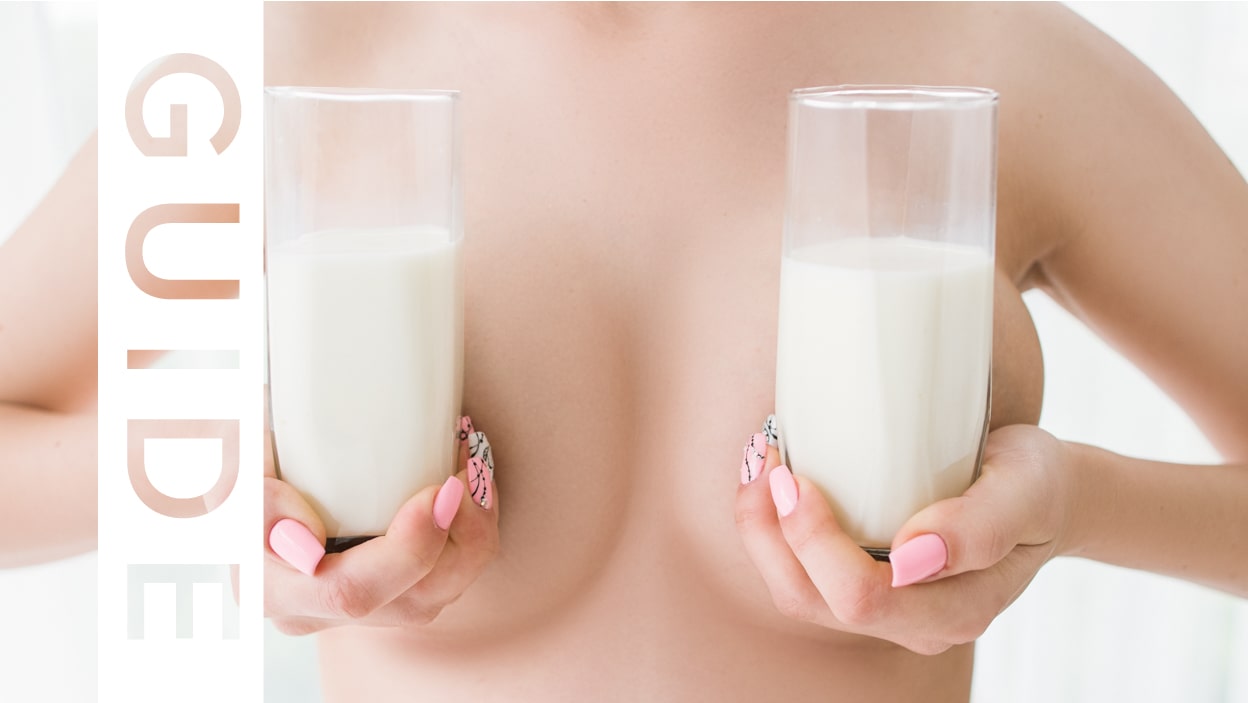

August 1- August 7, 2021 is World Breastfeeding Week
I should have known. They didn’t get bigger when I got chubby in fifth grade. Puberty came and went and….eh. They’d never changed size or remotely hurt during my Special Monthly Time. And even when I got pregnant, nothing. Yet it was still somehow surprising to me when I finally gave birth that my boobs were not able to sustain the life of my child.
The “surprise” emotion burned hot and fast, though, quickly plummeting down my Feelings List before bottoming out somewhere beneath guilt, frustration, anger, doubt, confusion and fear. It had quite literally not occurred to me that I wouldn’t exclusively breastfeed my baby — my first — for at least six months. Maybe longer, I thought smugly as I plowed through breastfeeding books and stocked up on freezer bags to store the milk I planned to bank for when I went back to work.
Then my baby arrived…and my milk didn’t. It didn’t come in in the hospital, but that was normal, everyone said. Nor did it come in the first several days we were home, but everyone knew someone to whom that had also happened, so… still normal? My son seemed so hungry, though, and so angry, that even in my postpartum fog I knew, deep (deep) down, that this was not, in fact, normal.
My son quickly lost interest in the bloody scabs that had been my breasts, because, as it turns out, starving children don’t want air for dinner. I pumped an ounce or two, total, over the course of an entire day, which he ate so fast he would often spit it up immediately, shattering my already-bruised heart in the process. He lost weight. A lot of weight. My sad, sparse breastfeeding log bore witness to the fact that the only thing he was producing in his diapers was a deep-orange urine crystal here and there. He was jaundiced and had to go to the pediatrician daily for bilirubin-level monitoring.
It was awful, and I tried (increasingly in vain) to stave off panic. Here’s a list of the things I did to “fix” things:
- Tried three different kinds of nipple shields in case it was a “latch” issue
- Had my baby’s frenulum evaluated and then clipped in a sweltering hospital room, an experience about which I remember little other than how much he screamed and how I had to change my maxi-pad in a 230-degree bathroom right afterwards because I was still bleeding from his delivery
- Switched to a “hospital grade” pump, which I used at least every two hours, in addition to nursing, in a painful attempt to, as one hateful person put it, “trick your body into thinking you had twins! That should wake your boobs up!”
- Drank every kind of “mother’s milk” tea that Whole Foods had to offer
- Drank water obsessively
- Drank Guinness
- Took so much fenugreek that I started excreting it from my pores, which, when mixed with all the postpartum sweat, made me worried my son didn’t like me because I smelled so bad
- Didn’t wear “binding” bras or bras at all
- Saw two different lactation consultants, one of whom came to my house and had me try so many humiliating and invasive and painful things, leading to so many tears on the part of both my son and me, that my husband finally came downstairs and told her, in one of the most romantic moments of our marriage, “it’s time for you to leave our house.”
- Ate gross “lactation cookies” that a number of kind and well-meaning friends delivered
Here’s a list of things I didn’t do, for about the first week of my son’s life:
- Feed him enough.
Somewhere in the midst of all this I finally collapsed in the arms of my beloved pediatrician, who had been following this saga closely. She had urged me to give my son formula somewhere between 3 and 11 million times, only to be screeched at by an exhausted, puffy, hormonal creature with tumbleweeds blowing around her milk ducts and the mantra “breast is best” playing manically on an endless loop in her crazed mind. Sensing that I had, at long last, broken, my doctor gently pushed a six-pack of mini pre-mixed formula bottles toward me.
As I saw it then, I had two options: (1) I could give my baby formula (a.k.a. poison), thereby compromising his immune system, decreasing the bond between the two of us in both the short and long term, and impairing his brain development. Or (2) I could not give my baby formula, and he would starve to death. My son was 8.2 pounds at birth and had dropped to…honestly I can’t even bring myself to type the number, as the shame I feel knowing I let him get within an inch of a “failure to thrive” diagnosis based on my own… pride? … remains profound.
I fed him right there in her office, weeping with the sweet release of surrender. He was so, so hungry and really, really loved eating. I was so, so tired and really, really loved him. The decision then was so, so easy and I’m really, really glad I made it.
This is not a post about “what studies show.” I’ve read a ton of studies over the years, and I know that, like most things, one can find research to support either side. No academic paper, even if supportive of formula-feeding a baby, is relevant to the “choice” I faced with my first-born, nor my subsequent children. Nor are any of the countless op-eds or threads on internet forums that either take sides in this particular Mommy Wars battle or decry the wars themselves.
They weren’t and aren’t relevant because they weren’t and aren’t about me, my body, and my decision-making process. That is not to say that I don’t support women who breastfeed their children for weeks, months or years. Nor to say I don’t support women who choose to formula-feed their children because of everything from pain to latch issues to available hours in the day to the fact that many of us think breastfeeding is just kind of gross. I support them all! I support YOU! With all that I am.

The point is, I almost always hear breastfeeding discussed in terms like “choice” and “option” and “doing what you feel is best,” and it seems those concepts invite judgment. Because for me, it wasn’t a “choice.” That I waited as long as I did to feed my baby, based on the fact that I believed what I had been told and what I read – your body will make as much food as your baby needs – makes me as angry as it does ashamed. That’s what we should judge. Not that I couldn’t make enough milk, but that I felt guilty about it.
I have since read about the small percentage of women who don’t produce enough (or any) breast milk, but before I gave birth, not a single person, medical or peer, ever said something along the lines of “breastfeeding is great if you can make milk in the first place.” I did know that it “didn’t work out” for some people, but it was never discussed in the context of physiological impossibility rather than something involving an element of preference.
In the years that have passed since that Very Dark Week, I’ve had two other children, both of whom were almost exclusively formula-fed from birth. I did try breastfeeding them, just in case something magic had happened to my body. I declined to pump again with either, as the indignity of that experience, coupled with its futility, was not something I felt I needed to submit myself to. So I nursed here and there, for a short while, taking comfort in knowing that I’d tried, and taking greater comfort in knowing my children were well-fed and healthy.
All the horrors that I worried about have yet to occur. No chronic ear infections, allergies or illnesses have plagued us. They’re beautiful, bright, healthy and loving, no better or worse than all the other children I know, some of whom were breastfed, some of whom weren’t, and all of whose mothers were doing the best they could.
The concept that we as women need to support rather than shame each other isn’t new, and in fact has been written about and discussed so much. So to keep things fresh, let me end this with self-righteous indignation rather than trite and saccharine #girlpower.
Ahem:
If you look at a woman feeding her child – feeding it whatever substance and via whatever vehicle – and find yourself feeling anything other than indifference, turn that gaze inward and ask yourself why in the ever-loving hell you care ONE. SINGLE. BIT. how another woman is nourishing her chld.
You do you, let her do her, and let’s all just be thankful I married an ass man.







